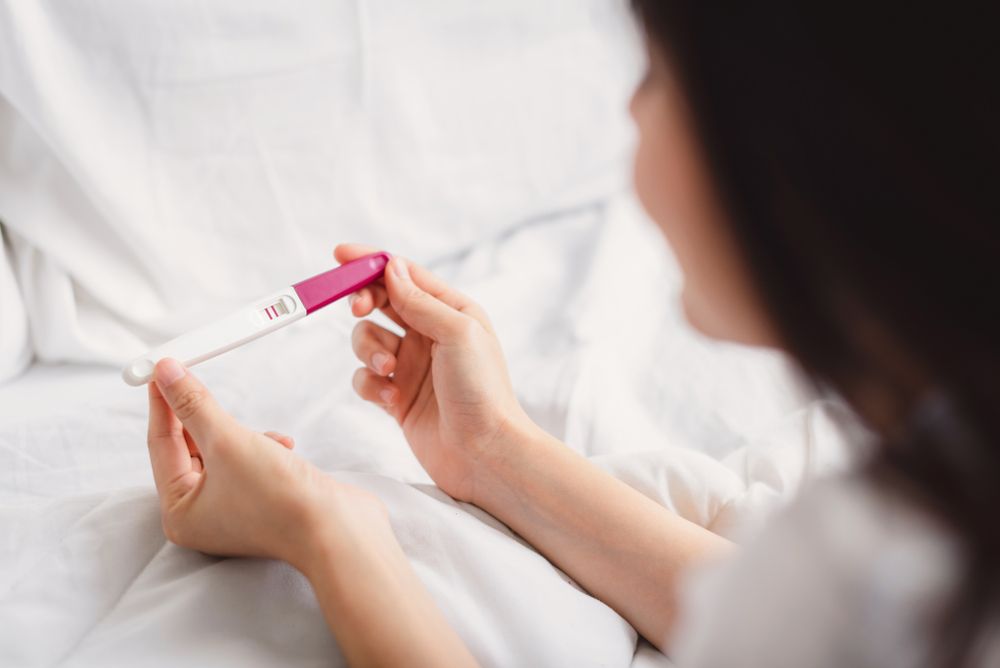In vitro fertilization (IVF) is a widely used assisted reproductive technology that offers hope to couples facing fertility challenges. While many women achieve positive pregnancy tests following IVF, negative results can also occur, leading to disappointment and confusion. Understanding the common reasons for a negative pregnancy test Post IVF can help women and their partners cope with the emotional toll and prepare for potential next steps.
Timing of the Test
One of the most significant factors contributing to a negative pregnancy test post-IVF is the timing of the test itself. After embryo transfer, it is crucial to wait until the recommended testing date, typically around 10 to 14 days post-transfer, to allow sufficient time for the embryo to implant and for hCG (human chorionic gonadotropin) levels to rise. Testing too early can lead to false negatives as the hormone levels may not be detectable yet.
Failed Implantation
Not all embryos successfully implant into the uterine lining. Factors such as the quality of the embryo, the receptivity of the uterus, and the hormonal environment can affect implantation. If the embryo does not implant, a negative pregnancy test will result. Despite advancements in IVF technology, implantation failure remains a common occurrence.
Poor-Quality Embryos
The quality of the embryos transferred plays a crucial role in the likelihood of a successful pregnancy. Poor-quality embryos are less likely to implant and develop into a viable pregnancy. Genetic abnormalities, which can be evaluated through preimplantation genetic testing (PGT), often result in embryos that cannot sustain a pregnancy.
Hormonal Imbalances
Hormonal imbalances in the mother can impact the success of IVF. Conditions like polycystic ovary syndrome (PCOS) or thyroid dysfunction can affect the uterine lining and hormone levels essential for implantation. Even if an embryo is of good quality, these imbalances can hinder the chances of a positive pregnancy outcome.
Uterine Factors
The condition of the uterus is critical for successful implantation. Factors such as fibroids, polyps, or structural abnormalities can interfere with the embryo’s ability to attach and grow. A thorough evaluation of uterine health is essential before proceeding with IVF to minimize the risk of these issues.
Age and Egg Quality
The age of the woman undergoing IVF significantly impacts the success rates. As women age, egg quality declines, leading to lower chances of successful fertilization and implantation. Older women may experience a higher incidence of negative pregnancy tests following IVF.
Lifestyle Factors
Lifestyle factors such as smoking, excessive alcohol consumption, poor diet, and high-stress levels can also play a role in the outcome of IVF. These factors can affect hormonal balance and overall reproductive health, decreasing implantation chances.
Conclusion
Experiencing a negative pregnancy test Post-IVF can be devastating for couples hoping to conceive. While various factors contribute to this outcome, understanding these reasons can clarify and guide future fertility journey steps. Couples are encouraged to communicate openly with their healthcare providers to discuss their specific situations, evaluate their options, and develop a personalized plan moving forward. Whether it involves trying another cycle of IVF or exploring alternative fertility treatments, support, and understanding are key to navigating this challenging experience.
